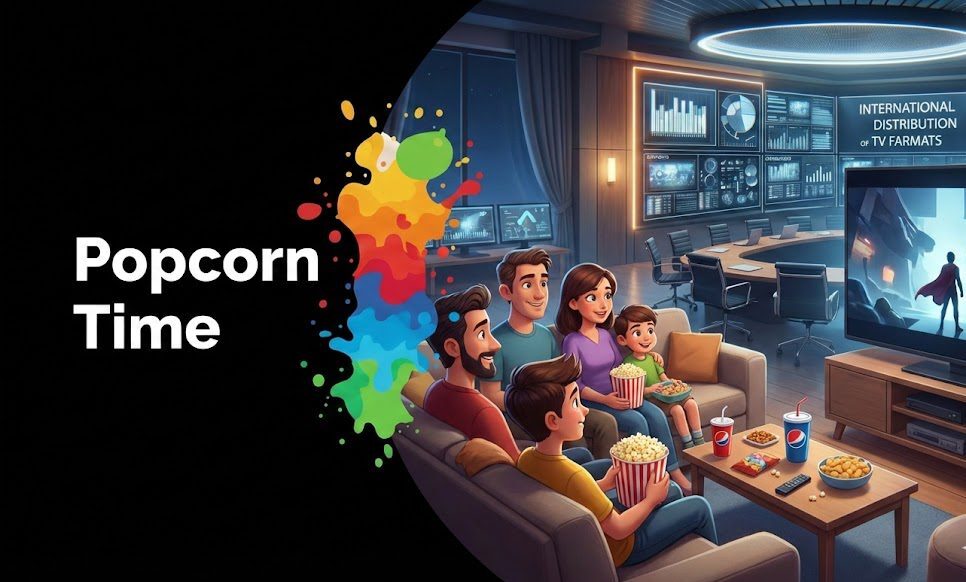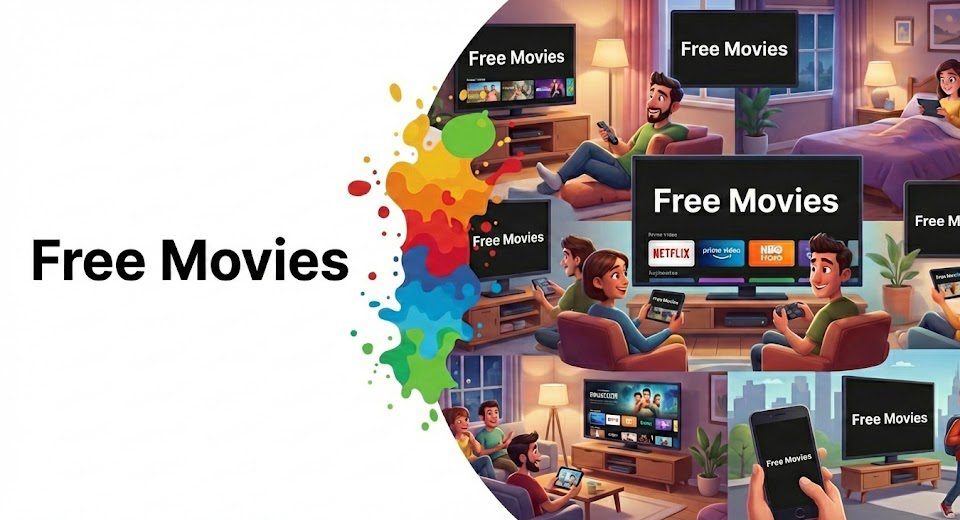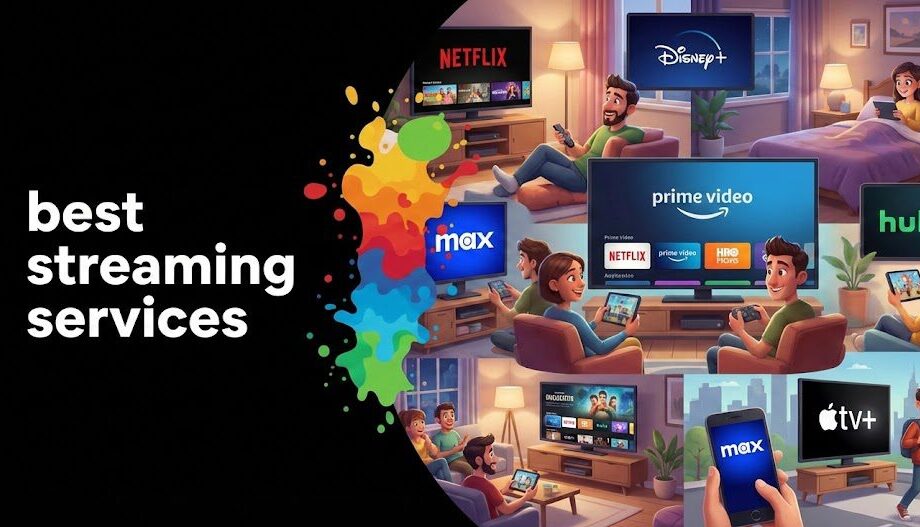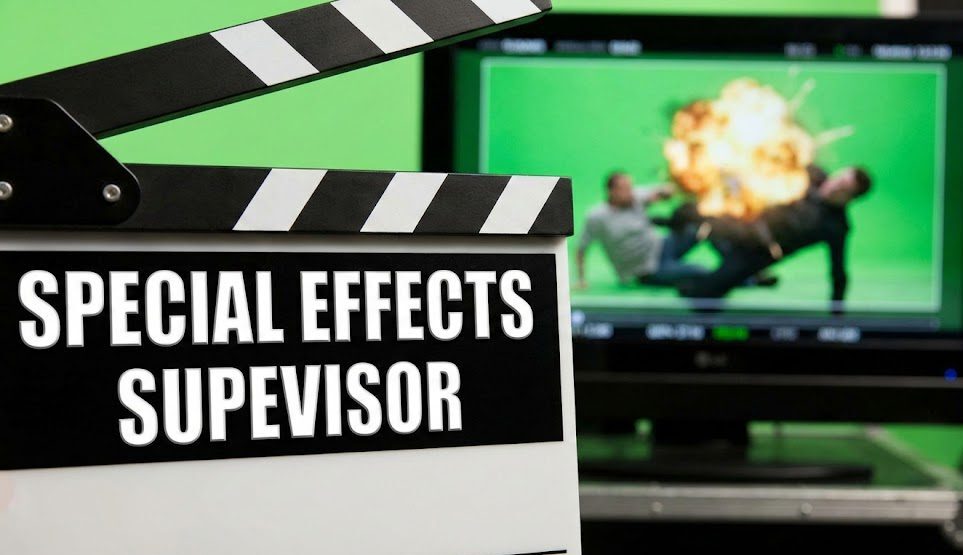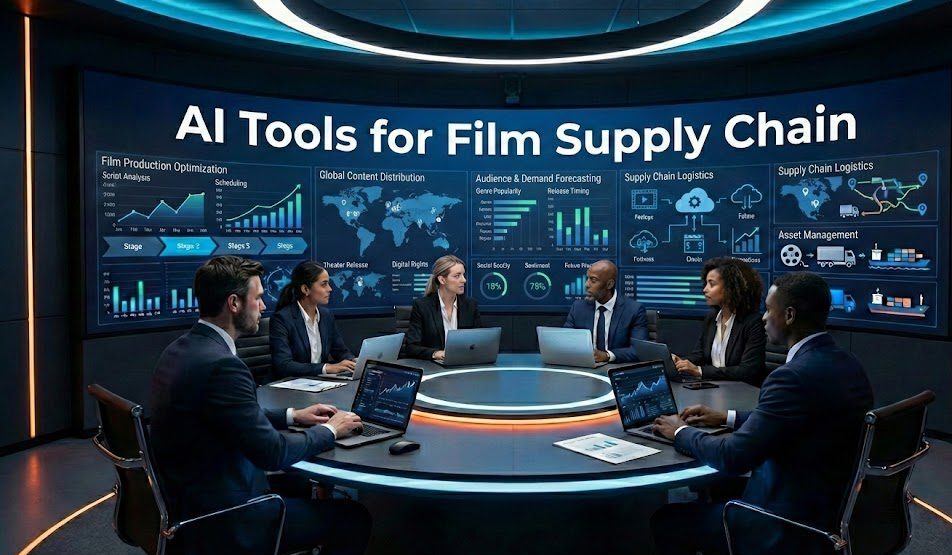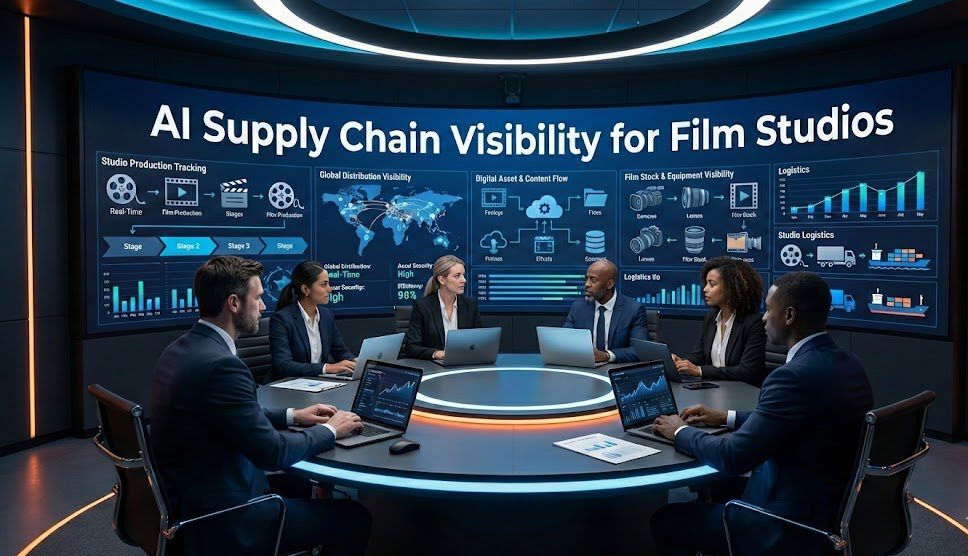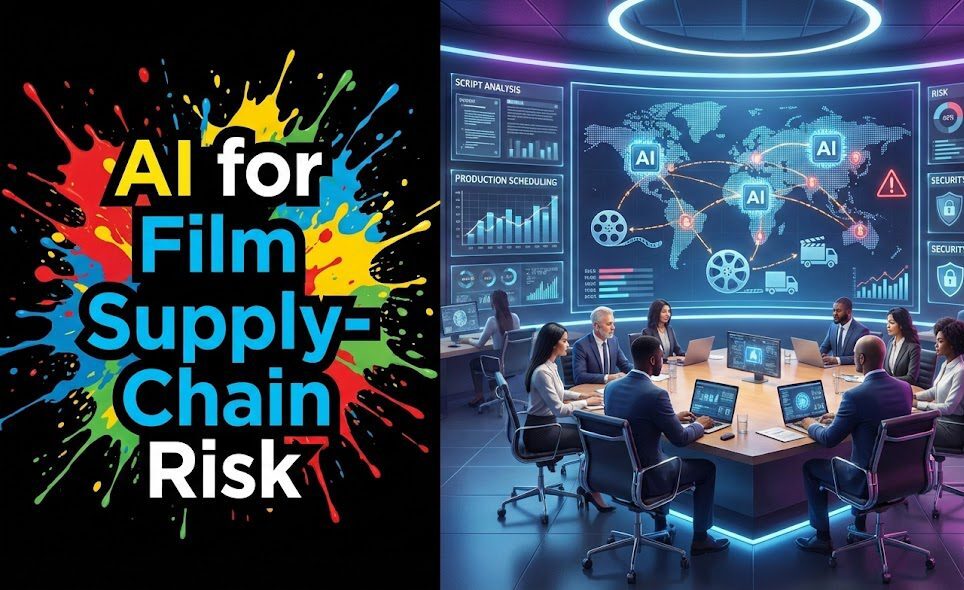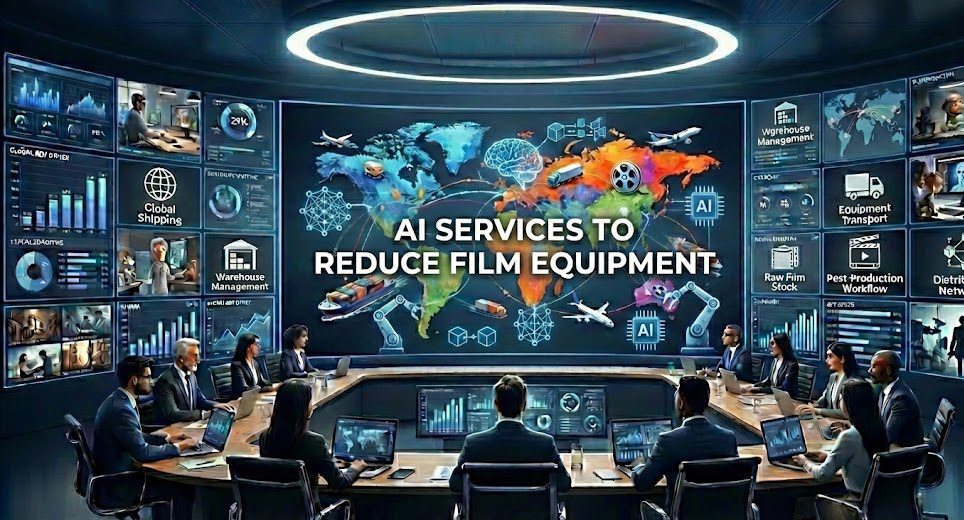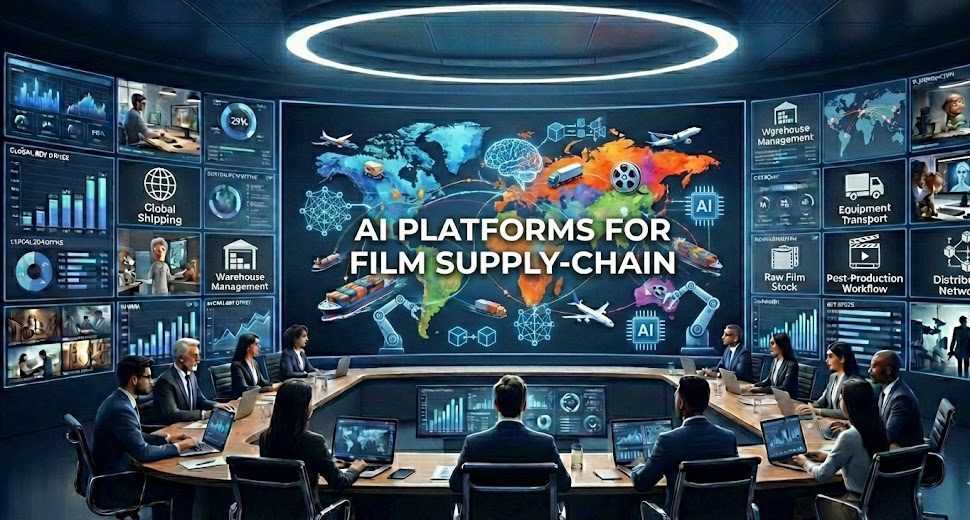In the fast-paced world of media and entertainment, the demand for high-quality content is at an all-time high. With the rise of streaming platforms, broadcast networks, and international content licensing, the need for pristine, visually stunning films has never been more crucial. This is where film restoration comes into play, ensuring that classic movies and television shows are preserved for future generations to enjoy.
But how exactly is film restoration being revolutionized in today’s digital age? The answer lies in the power of Artificial Intelligence (AI). AI technology is reshaping the film restoration industry, making the process faster, more efficient, and ultimately more cost-effective. This groundbreaking technology is not only changing the way films are restored, but also opening up new possibilities for enhancing the viewer experience.
Empower Your Business with AI-Driven Insights!

The Benefits of AI-Powered Film Restoration
AI-powered film restoration offers a wide range of benefits to entertainment industry professionals. Here are some key advantages of incorporating AI technology into the film restoration process:
Improved Efficiency: AI algorithms can analyze and repair damaged film footage at a much faster pace than traditional manual methods. This means that restoration projects can be completed in a fraction of the time, allowing for quicker turnaround times and more content to be restored.
Enhanced Quality: AI technology can automatically detect and correct imperfections in film footage, such as scratches, dust, and color degradation. This results in a higher-quality final product that closely resembles the original film, providing viewers with a more immersive and enjoyable viewing experience.
Cost-Effectiveness: By streamlining the restoration process and reducing the need for manual labor, AI technology can significantly lower the costs associated with film restoration. This allows production houses and streaming platforms to allocate their resources more efficiently and invest in other areas of content creation.
Globalize Your Content with Expert Dubbing!

Real-World Examples of AI-Powered Film Restoration
One prime example of AI-powered film restoration in action is the restoration of the classic movie “Casablanca.” Using AI algorithms, a team of restoration experts was able to digitally enhance the film’s visuals, audio, and overall quality, bringing the iconic movie back to its original glory. The result was a stunning remastered version of “Casablanca” that captivated audiences worldwide and showcased the power of AI in film restoration.
Another notable example is the restoration of the silent film “Metropolis” using AI technology. By applying advanced algorithms to the original film footage, restoration experts were able to reconstruct missing scenes, enhance visual clarity, and restore the film’s original color palette. The AI-powered restoration of “Metropolis” received critical acclaim and introduced a new generation of viewers to this cinematic masterpiece.
Key Takeaways
– AI technology is revolutionizing the film restoration industry, offering improvements in efficiency, quality, and cost-effectiveness.
– Real-world examples such as the restoration of “Casablanca” and “Metropolis” demonstrate the transformative power of AI in preserving classic films.
– Entertainment industry professionals can leverage AI-powered film restoration to enhance their content libraries and provide viewers with a superior viewing experience.
FAQs
Q1: How does AI technology detect and repair imperfections in film footage?**
A: AI algorithms analyze each frame of the film, identifying imperfections such as scratches, dust, and color degradation. The algorithms then automatically apply corrections to restore the footage to its original quality.
Q2: Is AI-powered film restoration suitable for all types of films, including older, more damaged footage?**
A: Yes, AI technology is versatile and can be applied to a wide range of film restoration projects, including older, more damaged footage. The algorithms are designed to adapt to different types of imperfections and provide tailored solutions for each restoration project.

























